by Alicia Ptak
Senior Aimee Farquharson is not afraid to share her opinion. More importantly, she is not afraid to do something about them. Lately, Farquharson’s been making strides in activism, hoping to create a better, more respectful and open society. But she wasn’t always this passionate about her desire to make a change.
Farquharson discovered her political passion while in Social Justice class. The class taught about the many examples of inequality, focusing strongly on topics such as race and gender. The class influenced her Democratic opinion and emphasized human rights and equality. Her opinions were tested on her first Boston exchange, a field trip where the Social Justice class spends a day either at Boston Day and Evening Academy, also known as BDEA, or kids from the charter school come to Hudson High. Farquharson has now been on five exchanges, and each time she realizes the different situations faced by such similar people.
“The shocking part was to see the neighborhood and school,” Farquharson said. “We’re both public schools, so we’re all funded in the same way and their school was much less privileged. They don’t have nice things. It’s sad that they have the same funding as us, but get nothing out of it.”
On the exchange, one of the most shocking moments for Farquharson was the activity Step to the Line. In Step to the Line, a question would be asked and those who agreed with the question would step to the line. So, when questions like “Who gets their hair dyed?” or “Who goes to the grocery store?” were asked, almost all the kids would step to the line. But when a question such as “Who has heard gunshots in their neighborhood?” was asked, only the BDEA students would move. Farquharson was shocked to see how people who were so much like her in their personality and thoughts faced such challenging situations.
The apparent inequalities only strengthened Farquharson’s opinions. “It really brought awareness to the fact that people should be getting the same privileges as you, because there’s literally no difference between what we think, yet they get so much less and get treated so much worse,” said Farquharson. “They don’t get the privileges we do. It really opens your eyes and makes you realize that even though they have a different background, they’re the same as you, but they don’t get treated the same.”
Farquharson’s desire for equality became stronger after her multiple experiences with BDEA. She became determined to make a difference and push for change. She began reading activism blogs on Tumblr, doing volunteer work on Saturdays, and trying to find marches to join, such as Slut Walk. So, when an activism opportunity arose for Farquharson’s ethics class, she was more than happy to get involved.
Inspired by a talk given by Arwin Jackson, Farquharson’s ethics class decided to hold a benefit concert for the Amira Project to notify the community of the dangers of human trafficking. The class held a global goods sale, went to a gala held by the organization, and collected over a thousand dollars. After the concert was held, Farquharson said she felt a “happy high” and “the feeling of doing something good.”
After the Amira concert, Farquharson could clearly see the injustices all people face. “BDEA opened your eyes to the obvious privilege and power white people in our nation have,” said Farquharson, “but Amira showed you people of all races aren’t getting respect, including white people.”
Amira was extremely important to Farquharson because it was her first big activism project. It deeply connected to her beliefs about human rights in society and how people should be treated. It also gave Farquharson’s class a chance to unite under one unanimous cause. Farquharson didn’t expect to see such unity created by the Amira Project. This gave her hope that there may be the possibility for people to join together to fight for human equality in the future.
As she goes on to college, Farquharson plans to focus on sociology. She wants to increase her volunteer work and find more activist opportunities, so she can make a difference in society. She hopes to be able to continue the fight for equality, living by the simple idea of the Golden Rule. As Farquharson said, “You have to treat all people with respect.”


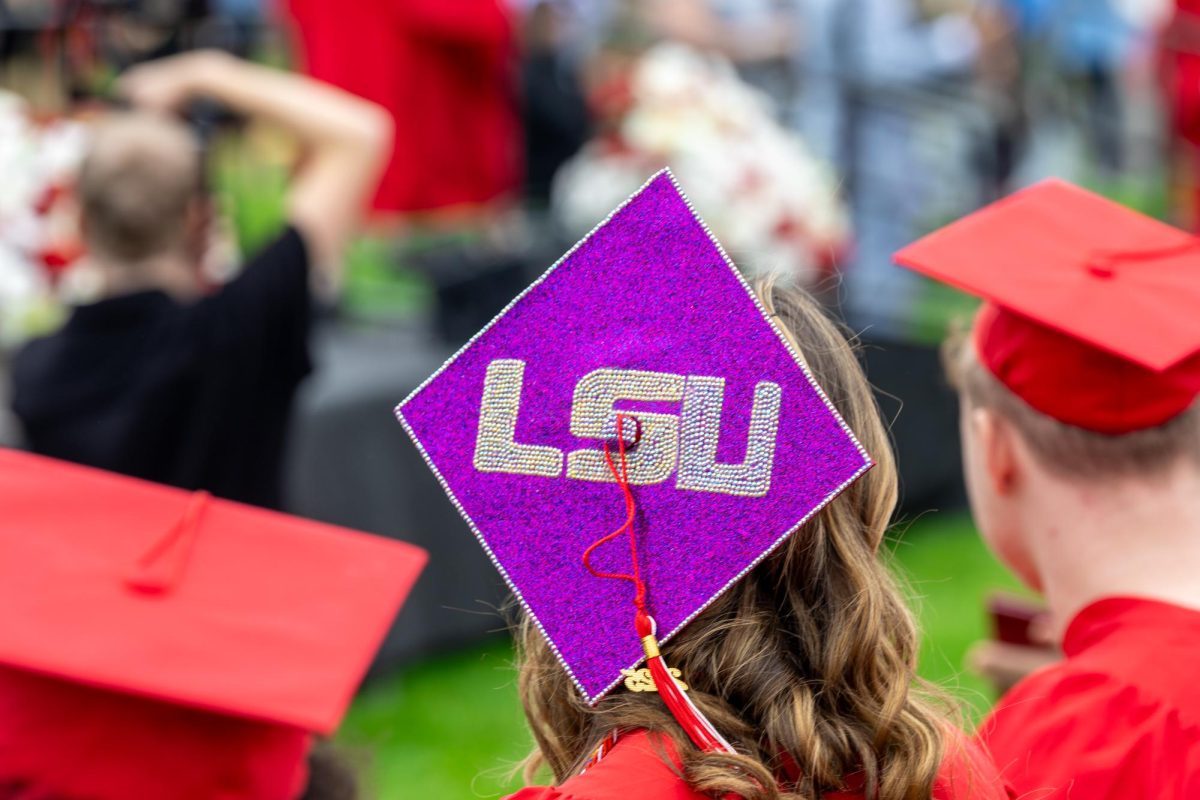
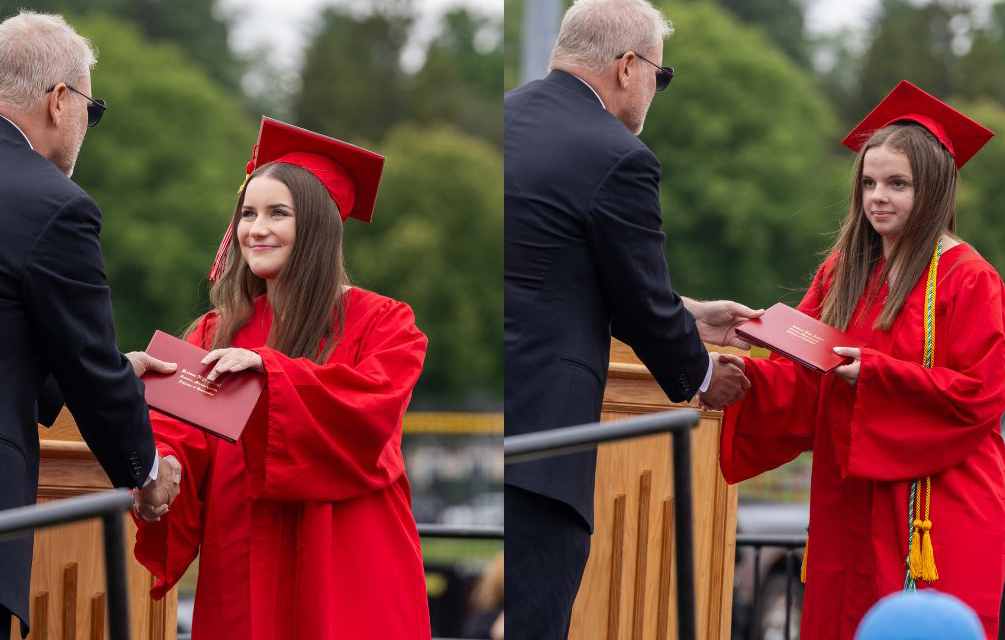
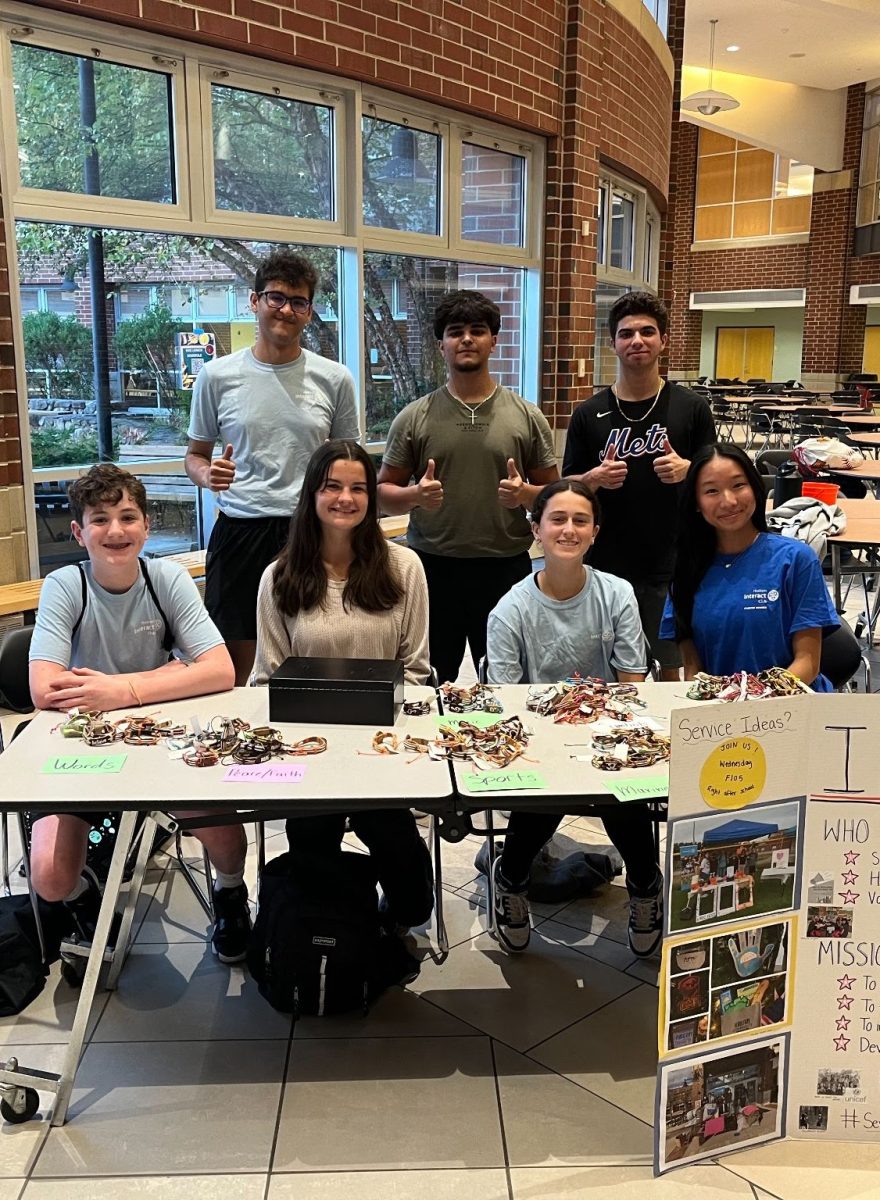
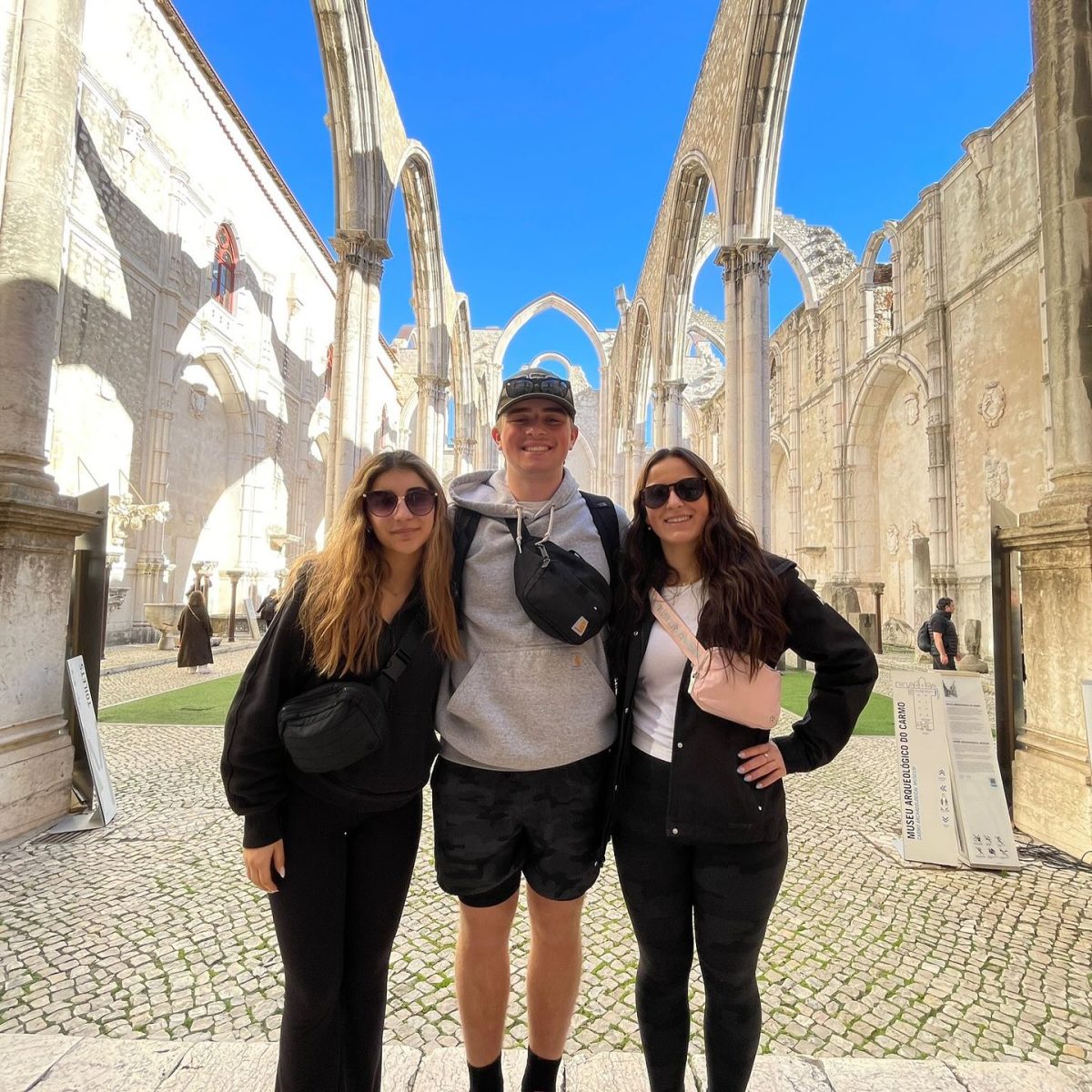
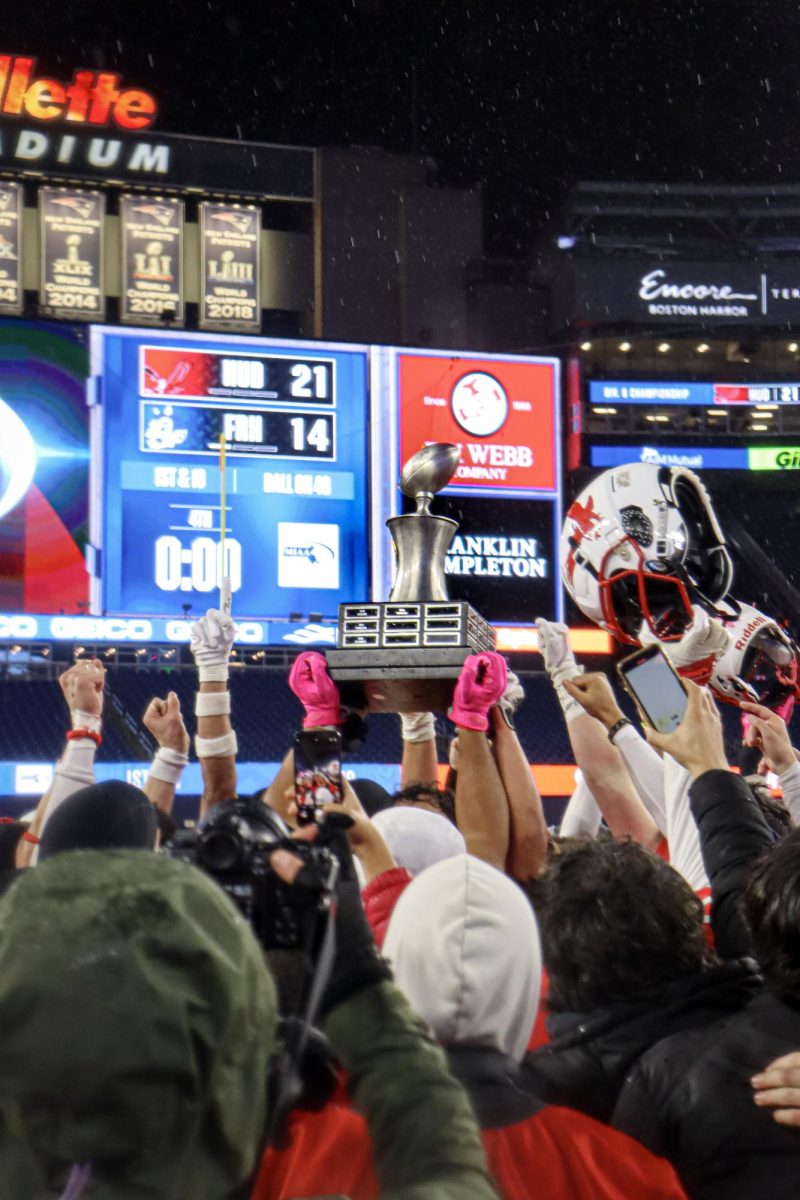
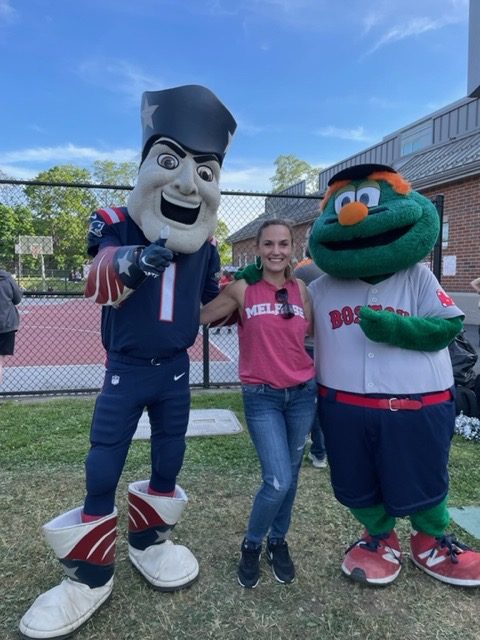
Carol Hobbs • Mar 7, 2013 at 6:29 pm
Alicia, this is a wonderful profile piece.Amiee’s experience gives me hope that students care about the social-political climate and will work to make a positive difference. Congrats to you both.